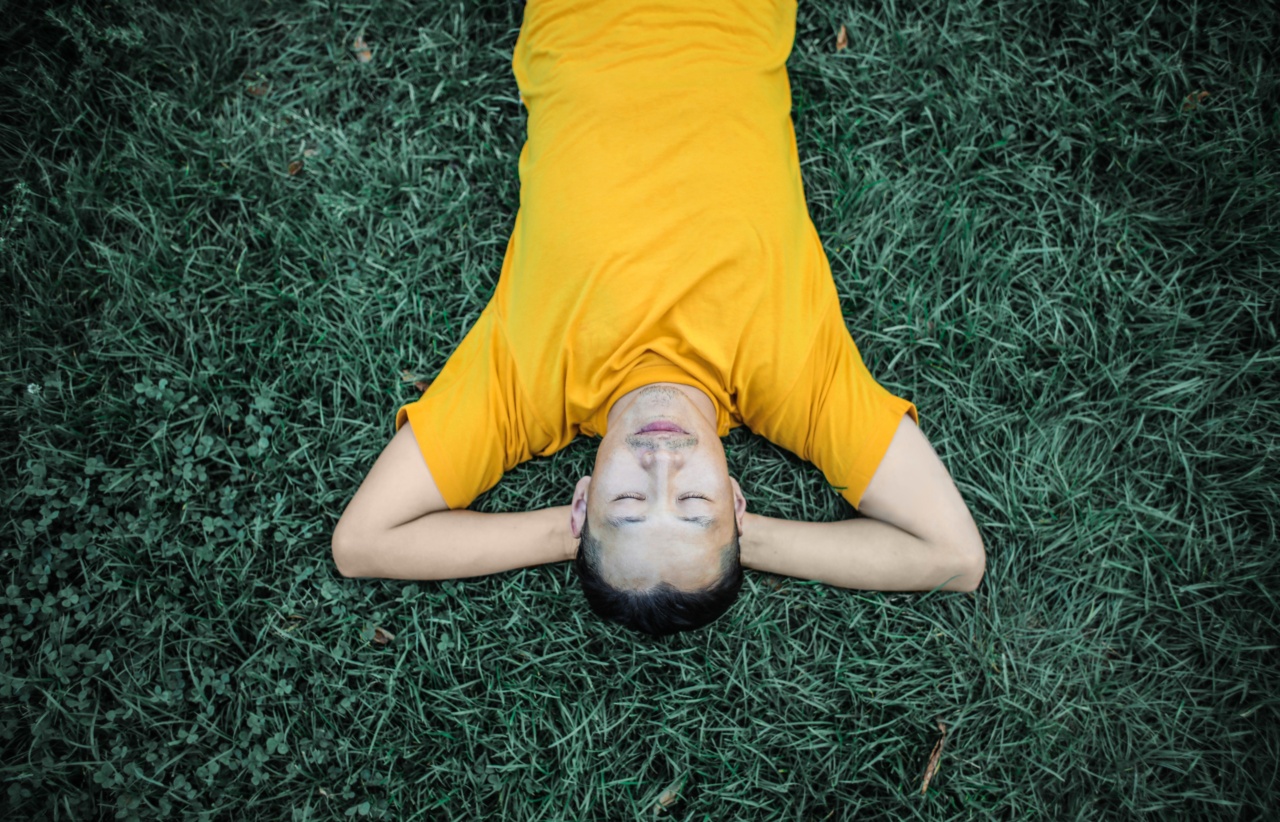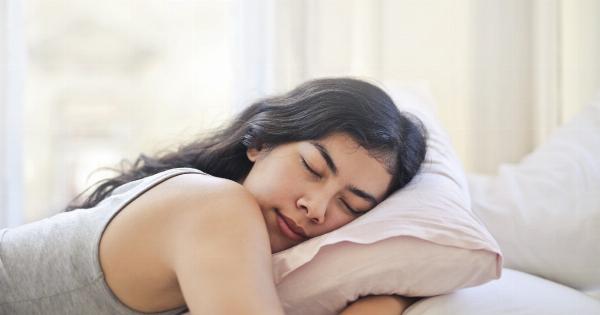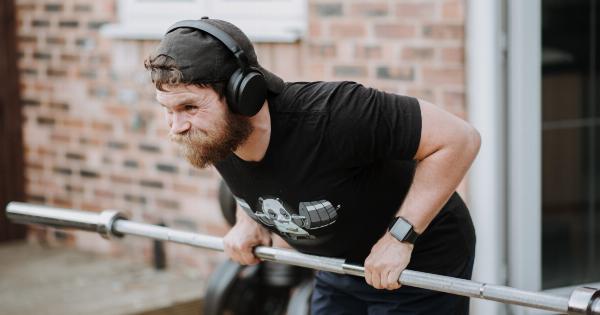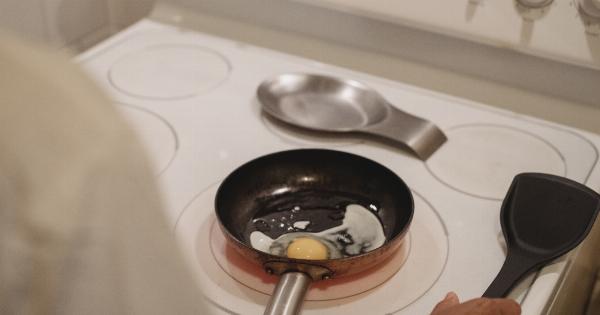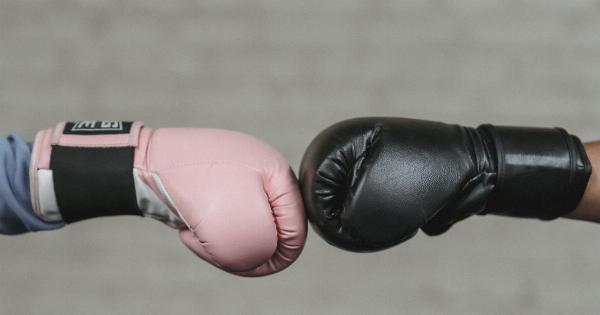Sleep is one of the most important functions of our body. We spend almost one-third of our life sleeping to give our body the rest it needs. However, the position we sleep in can have a significant impact on our health.
Sleeping face down, also known as the prone position, is a position that most of us prefer but may not be the best for our overall health. In this article, we will discuss the reasons why sleeping face down may not be good for your health.
1. It Puts Pressure on Your Neck
When you sleep face down, you need to turn your head to the side to be able to breathe comfortably. This position can put strain on your neck muscles and cause pain and stiffness.
Sleeping in this position for long periods of time can also lead to chronic neck pain.
2. It Can Restrict Breathing
Sleeping face down can make it difficult to breathe properly as your airways are partially restricted. This can cause you to snore or make it harder to breathe if you suffer from sleep apnea.
People with sleep apnea already have a hard time breathing during sleep, and sleeping in this position can make it even worse.
3. It Can Affect Your Digestive System
When you sleep face down, the natural curves of your spine get flattened, which can affect your digestive system. This can lead to acid reflux and heartburn as the acid from your stomach can flow back up into your esophagus.
Sleeping face down can also put pressure on your abdomen, making it harder for food to move through your digestive system.
4. It Can Affect Your Circulation
When you sleep face down, the weight of your body gets concentrated on specific areas, which can put pressure on your blood vessels and restrict blood flow. This can cause numbness and tingling in the arms and legs, leading to discomfort and pain.
5. It Can Affect Your Wrinkles
When you sleep face down, your face is pressed against the pillow for extended periods of time. This can lead to the formation of wrinkles, especially around the eyes and mouth.
Sleeping on your back or on your side can help prevent the formation of wrinkles and maintain a more youthful appearance.
6. It Can Affect Your Spine
Sleeping face down can affect the natural curves of your spine, which can cause discomfort and pain. This position can put pressure on your lower back, leading to muscle strain, spinal misalignment, and even herniated discs.
7. It Can Affect Your Breasts
Women who sleep face down may notice an increase in breast sagging over time due to the constant pressure on their breasts. Sleeping on your back or on your side can help prevent this and maintain the shape of your breasts for longer.
8. It Can Affect Your Skin
Sleeping face down can also affect your skin, especially if your face comes into contact with the pillow for extended periods of time. This can lead to acne, breakouts, and skin irritations.
Sleeping on your back or on your side can help prevent these issues and maintain healthy, glowing skin.
9. It Can Affect Your Energy Levels
When you sleep face down, you may not feel as rested and energized when you wake up. This is because this position can affect the quality of your sleep and prevent you from getting a good night’s rest.
Sleeping on your back or on your side can help improve the quality of your sleep and leave you feeling refreshed and energized in the morning.
10. It Can Affect Your Overall Health
Finally, sleeping face down can have a significant impact on your overall health. This position can affect your breathing, circulation, digestive system, and spine, leading to various health issues.
By changing your sleeping position, you can improve your health, prevent pain and discomfort, and maintain a more youthful appearance.
Conclusion
Sleeping face down may be comfortable, but it may not be the best for your health. By changing your sleeping position, you can improve your quality of sleep, prevent pain and discomfort, and maintain a more youthful appearance.
So, the next time you hit the hay, try sleeping on your back or on your side for better health and well-being.
